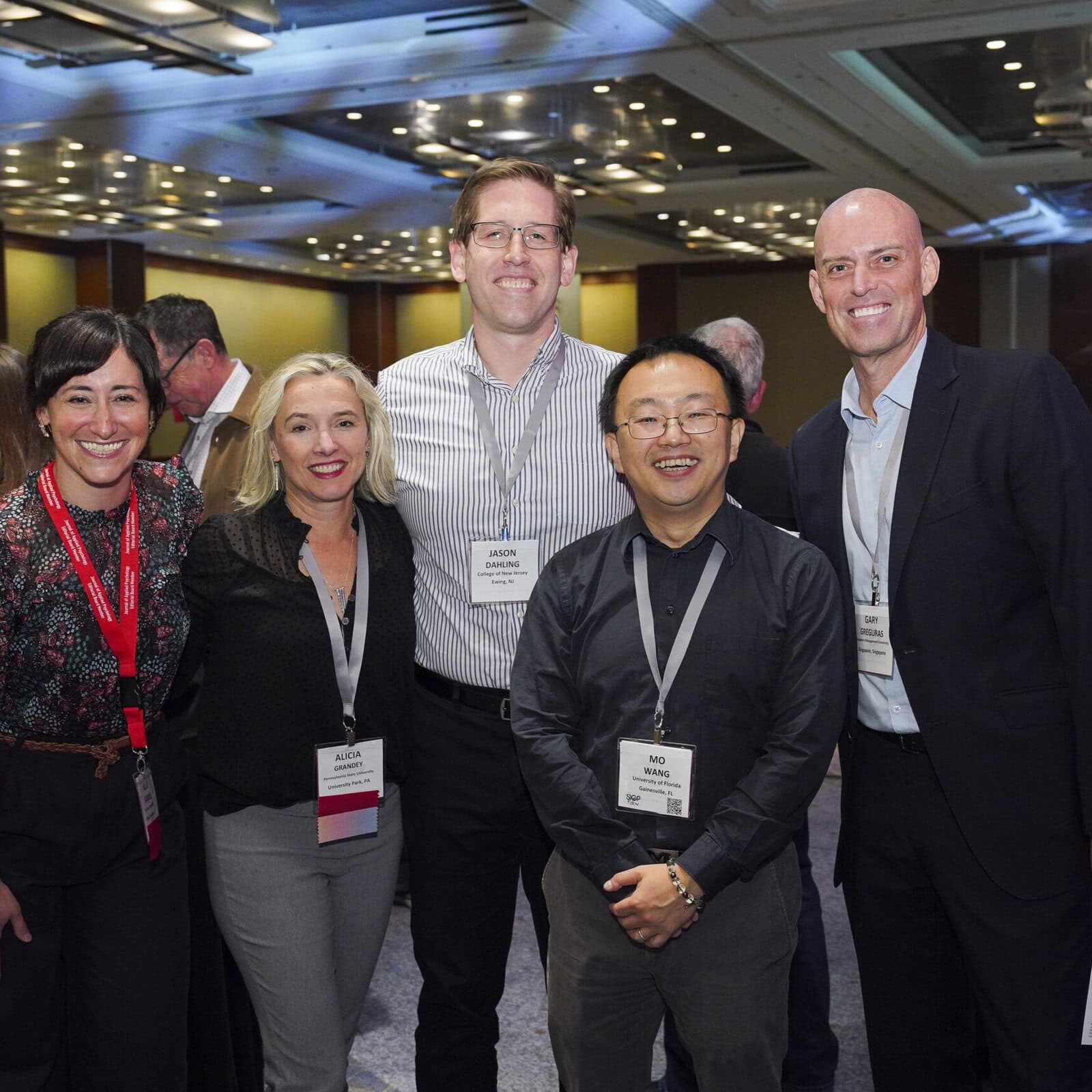
About the Annual Conference
The 2026 SIOP Annual Conference will be hosted April 30- May 2, 2026, in New Orleans, LA.
The Annual Conference is the premier event for industrial-organizational psychology professionals, bringing together researchers, practitioners, and students to explore the latest workplace science advancements.
Attendees can engage in presentations, workshops, panel discussions, and special events designed to foster collaboration and innovation in the field of I-O psychology.
Benefits of Attendance
Attendees of the annual conference have the opportunity to experience:
Opening and Closing Keynote Presentations
Learn from Industry Experts
Continuing Education Credits
Career Growth Opportunities
Professional Development and Networking
Latest Trends and Advancements in the Industry
Diverse Learning Formats
Recognition & Awards
Call For Proposals
The Call for Proposals invites researchers and practitioners to submit presentations for consideration for the SIOP Annual Conference. This opportunity allows contributors to share insights, showcase workplace science advancements, and engage with peers through symposia, panels, and posters.

Hotel Information
Check back soon for accommodation details for the 2026 SIOP Annual Conference.
Partnership Opportunities
For information about reaching I-O and HR professionals at the 2026 SIOP Annual Conference, contact Susan Rogers, CAE at srogers@siop.org


